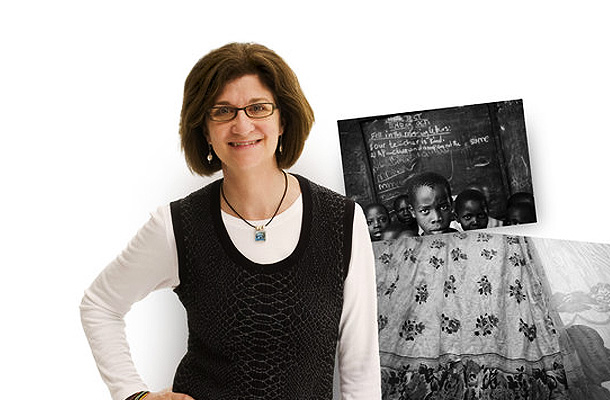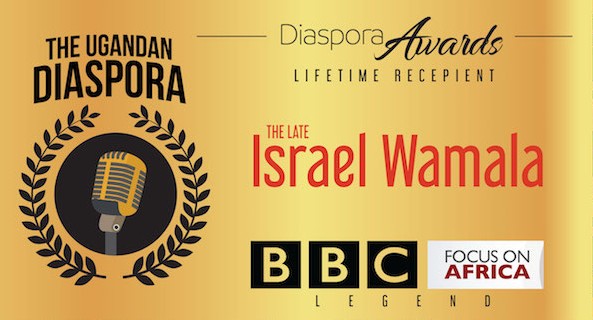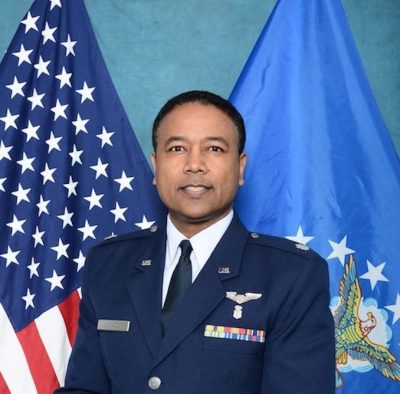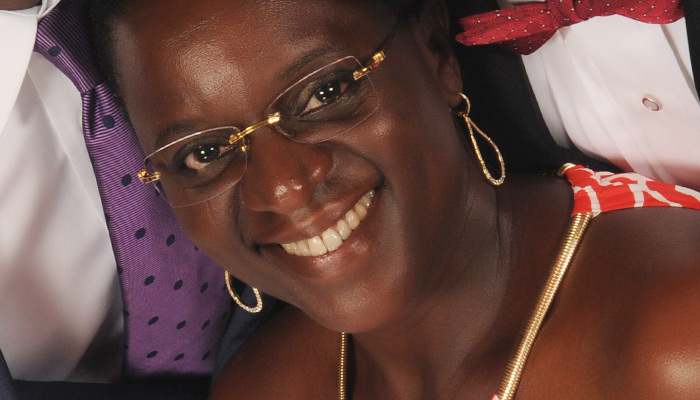Honoring Friends of Uganda ~ Photographer Gloria Baker Feinstein, from Kansas City, Missouri

Meet Gloria Baker Feinstein, who through photography, has given so much of herself to Uganda.
I grew up in Kentucky, where it seems I was always taking pictures. I moved to Madison, Wisconsin after high school and got a BA in Communication Arts and a Master’s degree in Photography/Graphic Design.

Shortly after relocating to Kansas City in 1980 with my husband, Eddie, I opened the Baker Gallery, specializing in the exhibition and sale of 20th century fine art photography, and I had two children, Abbie and Max. At that point I made a conscious decision to move my own image-making to the back burner. Fourteen years later, on my fortieth birthday, I decided to start making photographs again and dusted off my Hasselblad to do just that.
Now fifty-seven, I have completed several bodies of photographic work which have been exhibited and published on a national level.
Shortly after my return from a 2006 trip to east Africa, I established a non-profit to assist Ugandan children who are orphaned due to HIV/AIDS and civil war. I started a blog to keep friends and family informed of my experiences on that first trip to Uganda. Five trips later, the blog has taken many twists and turns, but it continues to serve as a way for me to talk about my life and my work.
INTERVIEW ~ By CINDY HOEDEL, The Kansas City Star ~ Photographer Gloria Baker Feinstein of Kansas City founded Change the Truth, a nonprofit organization benefiting the St. Mary Kevin Orphanage outside Kajjansi, Uganda, in 2006. This conversation took place at Feinstein’s dining room table, where she showed a portfolio of her photographs of the orphans.
What does “Change the Truth” signify?
The first time I went to the orphanage to take photographs, the children sang me a song that one of their teachers had written. The chorus was, “We cannot change the truth/We can only say, ‘Welcome.’?”
What did you take that to mean?
That they couldn’t change their situation, but they could enjoy being with us. I got home, and I kept singing that chorus over and over. One night, I couldn’t sleep, and I sat up and thought, “You know, I can change something about their truth.”
The truth is, they don’t have enough money to eat well or go to school or buy medical supplies or pay for clean sheets. But I knew I had friends and family who would probably be willing to donate some money to help change that.
Why did you go to Uganda in the first place?
I went as a participant in a workshop on how to photograph for nongovernment organizations. We had to pick an NGO to document, and my project was AIDS orphanages, and I ended up spending a lot of time at this one.
Why are the children orphans?
The kids have lost one or both parents to AIDS, disease or civil war. Often, the surviving parent or grandparent or aunt or uncle just doesn’t have any resources to help. There are 2 million orphans just in Uganda.
That is a number that seems overwhelming.
That is part of the problem. It seems too big to take on. But you can help one orphanage with 180 children.
What happens when the children age out of the orphanage?
That is where we play a big role. Besides basic necessities, we raise money to pay for education. In Uganda, kids get a government-paid education through seventh grade. After that, the schools are private. So we sponsor the secondary school-age kids.
What are some necessities you pay for?
Mattresses, sheets, blankets and mosquito nets for all the kids. We replace the bedding every year, because some of the kids are bed wetters, and there are no floors, so the red dust gets in everything. Each child gets a monthly stipend for food, so they can have three meals a day. And we started a garden so they can eat more nutritiously.
We also helped the children develop a brick-making project so they can generate their own money.
What other projects have you done?
And each year in December, when I make a trip with a group of volunteers, we take over three duffel bags full of art supplies: canvas, acrylics, paintbrushes, watercolors, pastels. There are about 10 kids who, all they want to do is paint and draw all day. The art they produce is jaw-dropping. We bring them back, and they sell for up to $400, or more. Two paintings can pay for a year of school, and for them to know they can pay their own way with their work is empowering.
We also started a marching band. They are awesome. They are getting hired to play at weddings and graduations. It’s another way they can make money based on their own talent.
The main thing we’ve done this past year is hire a social worker from Kansas City who is now living there full time.
What does the social worker do?
Everything. Hand-holding, comforting, hugging, putting on Band-Aids. She also goes to school on parent day for the 30 kids in secondary school. She pays their school fees and collects their report cards and helps them with homework.
Do the kids speak English?
English is the official language of Uganda. But there are around 40 dialects in use, depending where the kids come from. The high school kids’ English is pretty good. There’s a lot of nodding and sign language with the younger kids.
What happens when kids graduate from high school?
We just had our first post-high school graduate, Douglas. Douglas went to nursing school and has gone back to the orphanage as a volunteer. We are trying to find funds to hire him to be the full-time nurse at the orphanage.
What kinds of things do the volunteers who go on your trip do?
There’s such a variety of things, depending on who is in the group. One woman who is in her fourth year with us teaches yoga. She left mats, and the children do it when we’re not there. She’s taught a few kids to be teachers.
We have two artists, so we do a lot of art projects. And we have a filmmaker who makes a documentary every year about our trip.
Last year, we had a high school girl who was a seamstress. She taught the boys how to make shorts and the girls how to make dresses. She brought tons of material and needles and thread and left enough for the children to make more clothes after she left.
I am the travel guide, the nurse, the adviser, and I work on my photos. Last year, we had an IT specialist who took seven laptops and set up a computer lab.
Do you have any needs for specific items besides money?
The airlines are making it so difficult to take stuff now that it’s easier to buy most things over there. But art supplies and small musical instruments that we can pack are things we can’t buy easily over there.
And we can’t take a tuba, but we need one for the marching band. If you have a saxophone and a tuba, you get hired a lot more. We would love to get an earmarked donation for a tuba.
Oh, and Beanie Babies. The children love Beanie Babies, and we can stuff those into nooks and crannies of our suitcases. (Call 816-523-8049 about donations.)
To see photos and read stories about the orphanage, go to www.changethetruth.org and http://gloriainafrica.blogspot.com.
Interview conducted, condensed and edited by Cindy Hoedel, choedel@kcstar.com. Follow her at www.twitter.com/cindyhoedel.
Article Source: http://www.kansascity.com







